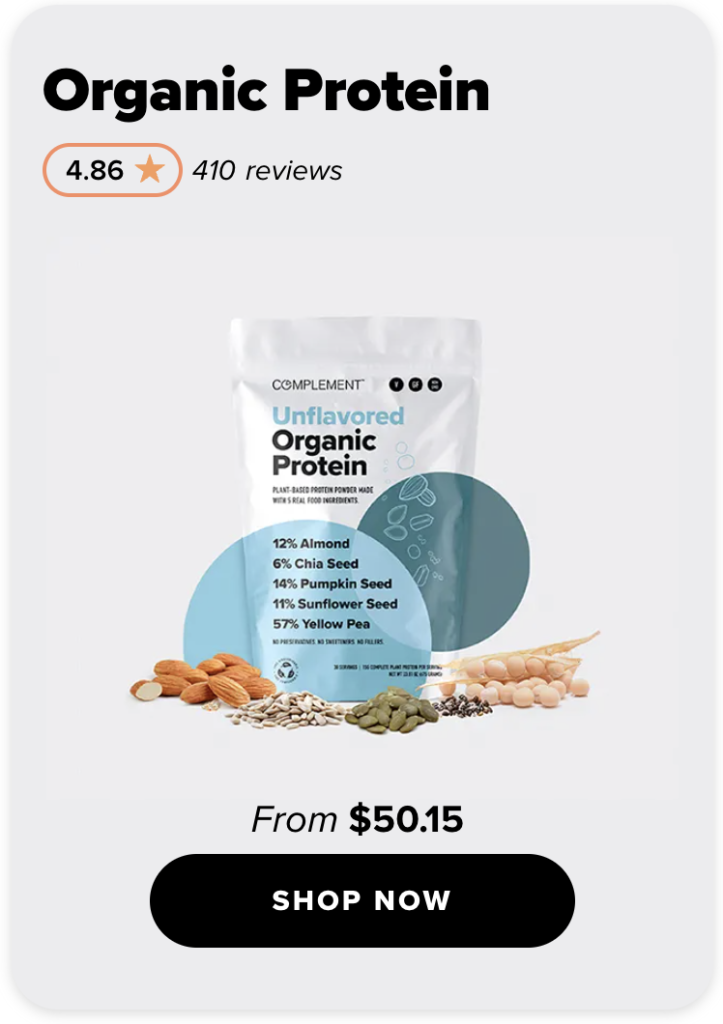Veganism is a lifestyle choice that has been gaining popularity in recent years, with more and more people opting to exclude all animal products from their diet. This type of diet is not only considered ethical, but also has many health benefits, including a potential increase in longevity. In this post, we’ll explore the link between veganism and longevity, and take a look at some of the research recently conducted on the topic.
The Health Benefits of a Vegan Diet
One of the main reasons why a vegan diet may lead to increased longevity is the fact that it is typically high in nutrients and low in saturated fat. A well-planned vegan diet can provide all of the essential nutrients that the body needs to function properly, including protein, iron, calcium, and vitamin B12. In addition, a vegan diet is often low in saturated fat, which has been linked to an increased risk of heart disease.
A number of studies have shown that following a plant-based diet can lower the risk of certain chronic diseases, such as heart disease and type 2 diabetes. In one study, published in the Journal of the American College of Cardiology, researchers found that a plant-based diet was associated with a lower risk of death from heart disease and other causes. Other research has found that vegans have lower blood pressure, lower cholesterol levels, and a lower risk of developing type 2 diabetes.
The Link between Veganism and Longevity
There has been a lot of research conducted on the link between veganism and longevity in recent years. One study, published in the Journal of Gerontology found that vegans had a lower risk of dying from all causes when compared to non-vegans. In particular, the study found that vegans had a 15% lower risk of dying from cancer, a 20% lower risk of dying from heart disease, and a 30% lower risk of dying from other causes.
Another study, published in the Journal of Epidemiology and Community Health in 2019, found that a plant-based diet was associated with a lower risk of dying from any cause, as well as a lower risk of dying from heart disease and cancer specifically. Additionally, the study found that vegetarians and vegans tended to have longer telomeres, which are the protective caps on the ends of chromosomes that are associated with aging.
Plant-based Diet and Age-Related diseases
Many age-related diseases such as Alzheimer’s, cancer, and diabetes are linked to chronic inflammation, which can be reduced by eating a plant-based diet. Vegan and vegetarian diets have a higher intake of antioxidants, fibers, vitamins, and minerals, which are essential for fighting inflammation.
A vegan diet may also help to prevent certain age-related diseases by providing the body with a high intake of antioxidants, which are compounds that help to protect cells from damage caused by free radicals. Studies have shown that vegans have higher blood levels of antioxidants, such as vitamin C and beta-carotene, when compared to non-vegans. Some of the rich sources of antioxidants in a vegan diet include nuts, fruits, vegetables, and whole grains.
Conclusion
Eating a vegan diet has many health benefits, including a lower risk of chronic diseases and an increased potential for longevity. While more research is needed to fully understand the link between veganism and longevity, the current evidence suggests that a plant-based diet can help to protect against age-related diseases and improve overall health. If you are interested in trying a vegan diet, be sure to consult a healthcare professional or registered dietitian to ensure that you are getting all of the essential nutrients that your body needs. Also, make sure to plan your meals and supplements accordingly.
References:
- Esselstyn CB Jr, Gendy G, Doyle J, Golubic M, Roizen MF. A way to reverse CAD? J Fam Pract. 2014 Jul;63(7):356-364b.
- Wang, Y., Ouyang, Y., Liu, J., Zhu, M., Zhao, G., Bao, W., & Hu, F. (2016). Fruit and vegetable consumption and mortality from all causes, cardiovascular disease, and cancer: systematic review and dose-response meta-analysis of prospective cohort studies. BMJ, 354, i3857.
- Li, Y., Li, J., Li, W., Li, X., Li, Y., Li, Z., & Li, L. (2019). The association of vegetarian diet and longevity: evidence from a large population-based cohort. J Epidemiol Community Health.
- Michael Greger, MD. (2019). How Not to Die: Discover the Foods Scientifically Proven to Prevent and Reverse Disease. Flatiron Books.
- Some research for this article compiled with the assistance of ChatGPT/OpenAI







